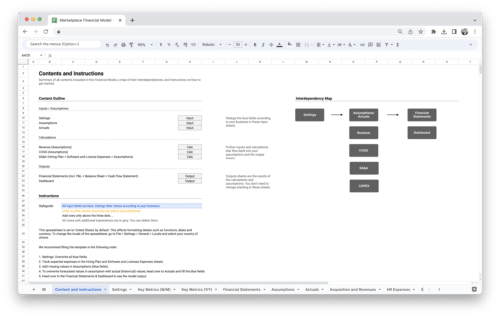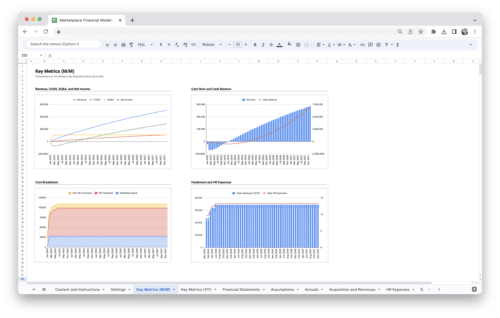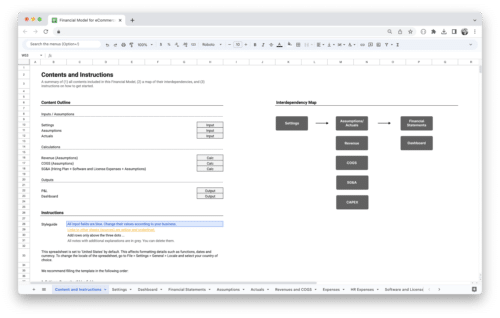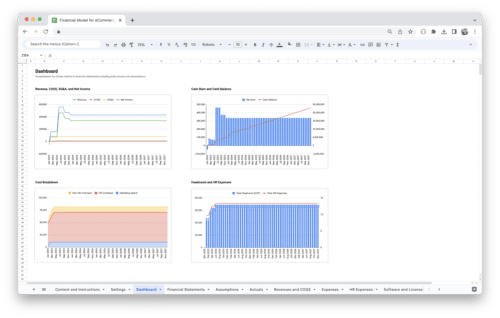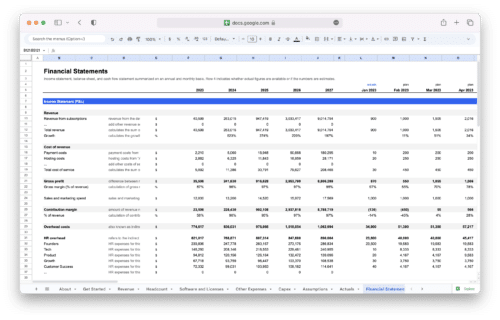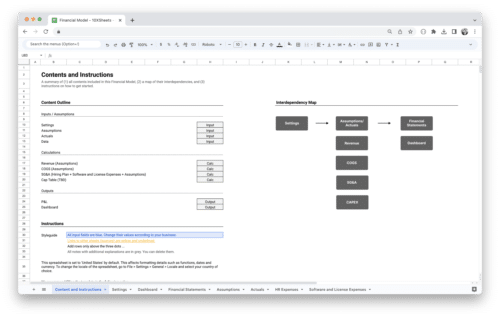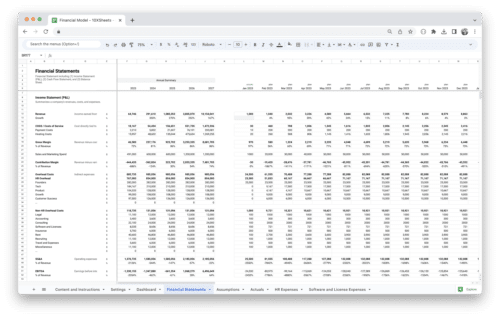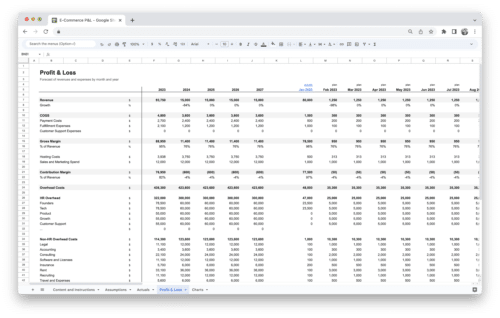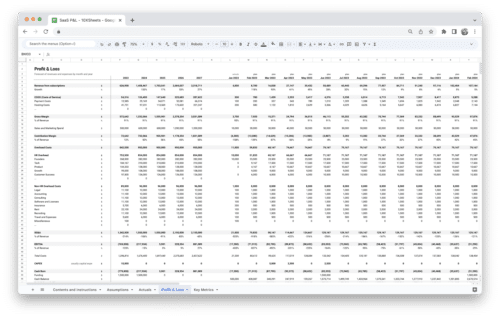
Net income is a critical concept in accounting, finance, and business. It represents the total amount of profit that a company or an individual earns after deducting all expenses from the revenue generated. Net income is one of the essential components used to calculate a company’s profitability, which is vital in making investment and financial decisions.
What is Net Income?
Net income is a measure of profitability that represents the amount of money that a company or an individual has earned after deducting all expenses and taxes from revenue. It is also referred to as net earnings or net profit. Net income is calculated by subtracting all expenses, including operating expenses, taxes, interest, and other costs, from total revenue generated.
Net Income Formula
The formula for calculating net income is simple. It can be calculated by subtracting all expenses from the total revenue generated.
Net Income = Total Revenue – Total Expenses
Significance of Net Income
Net income is a crucial metric in assessing a company’s financial health and performance. It provides an idea of how efficiently a company is operating and generating profits. Investors use net income to evaluate a company’s profitability and potential for growth. Banks and other financial institutions also use net income as a measure of creditworthiness when deciding to grant loans or credit to companies.
Components of Net Income
Net income is made up of various components, including:
- Revenue: Revenue is the total amount of money generated from sales of goods or services.
- Cost of Goods Sold (COGS): COGS represents the direct costs associated with producing or providing a product or service. It includes the cost of raw materials, labor, and other production expenses.
- Operating Expenses: Operating expenses are the costs associated with running a business, such as rent, utilities, salaries, and advertising.
- Interest Expenses: Interest expenses are the costs associated with borrowing money.
- Taxes: Taxes are the amount of money a company or individual owes to the government.
Adjustments to Net Income
There are various adjustments that can be made to net income to provide a more accurate picture of a company’s financial performance. These adjustments include:
- Depreciation and Amortization: Depreciation and amortization expenses are non-cash expenses that reduce net income. They represent the decrease in value of assets over time.
- One-Time Expenses: One-time expenses, such as legal fees or restructuring costs, can be excluded from net income calculations.
- Non-Recurring Gains or Losses: Non-recurring gains or losses, such as gains from the sale of an asset, can be added or subtracted from net income calculations.
- Non-Cash Items: Non-cash items, such as stock-based compensation or changes in the value of derivatives, can be excluded from net income calculations.
Conclusion
In conclusion, net income is a crucial measure of a company’s financial health and profitability. It represents the total amount of profit earned after deducting all expenses from revenue. Investors, banks, and other financial institutions use net income to assess a company’s creditworthiness and potential for growth. Understanding the components of net income and the adjustments that can be made to it is essential in accurately assessing a company’s financial performance.
Get Started With a Prebuilt Template!
Looking to streamline your business financial modeling process with a prebuilt customizable template? Say goodbye to the hassle of building a financial model from scratch and get started right away with one of our premium templates.
- Save time with no need to create a financial model from scratch.
- Reduce errors with prebuilt formulas and calculations.
- Customize to your needs by adding/deleting sections and adjusting formulas.
- Automatically calculate key metrics for valuable insights.
- Make informed decisions about your strategy and goals with a clear picture of your business performance and financial health.

